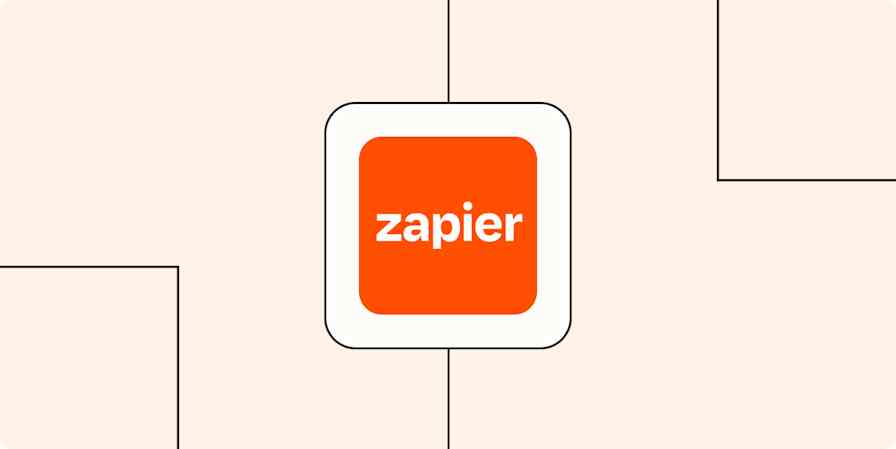How we work at Zapier
4 min readLessons Learned From Working Remotely As an Accountant
By Brandi Shuttera · November 30, 2018

Get productivity tips delivered straight to your inbox
We’ll email you 1-3 times per week—and never share your information.
Related articles
Improve your productivity automatically. Use Zapier to get your apps working together.








